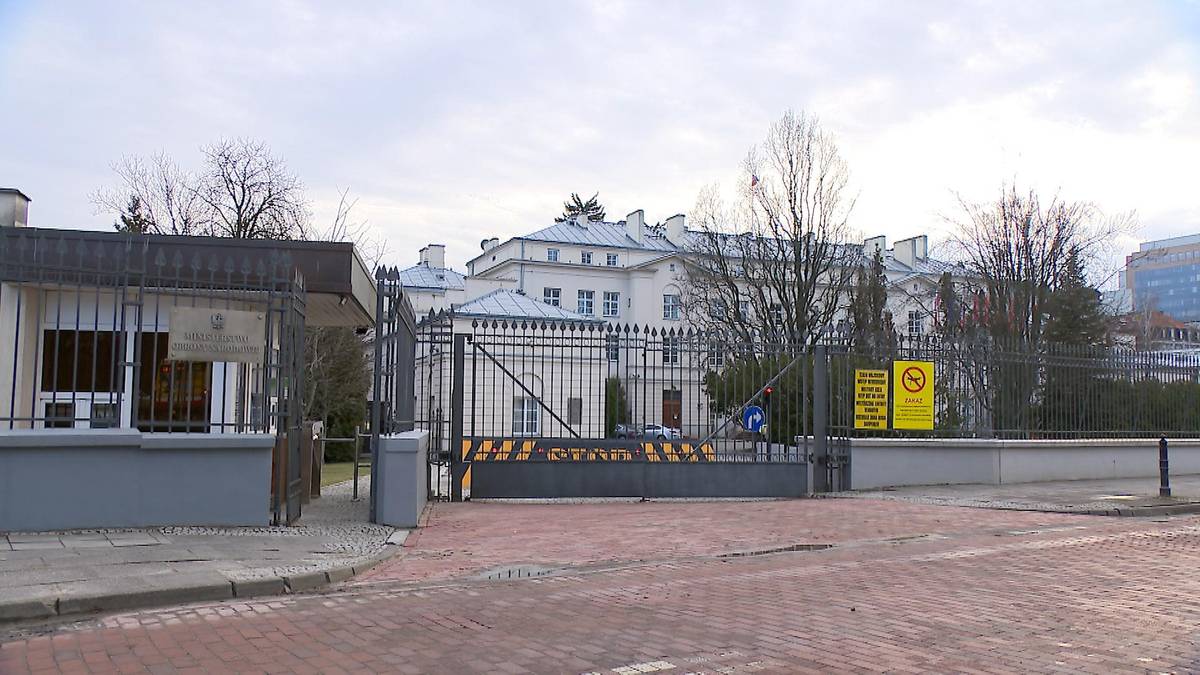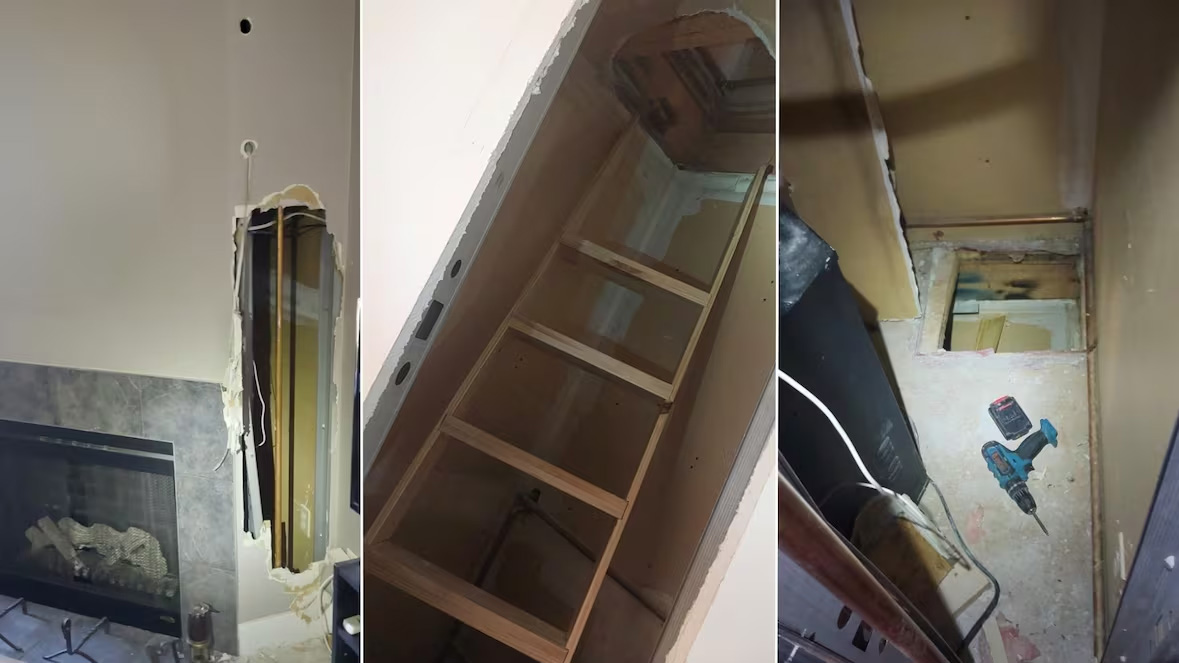Emptying the tenant's property and the tenant's backlog
Emptying the utility spaceof the tenant's property This is simply a subject that raises many doubts in the practice of renting commercial premises. It is frequently the case that the tenant who rents the utility (office, service station, commercial point) not only will halt paying rent, but will besides leave the premises Leaving your stuff in it. What to do with the tenant's things located in the premises where they represent a commercial value? Is there a legal anticipation of ‘occupation’ left by the tenant of things, and if so, what conditions should be fulfilled and what should then be done with ‘occupated’ things? Will the removal of the property by the landlord be lawful?
Article 670(1) of the civilian Code provides that secure payment of rent and additional benefits with which the tenant is no more than 1 year late shall be entitled to alleged ‘statutory pledge" on moving tenant itemswhich have been brought to the rental, unless these things are not subject to occupation. At the outset, it should be pointed out that the legal measurement in question derives from the civilian Code itself, and so is subject to any another safeguards that may have been established to safe the lease agreement (other safeguards include: the safety described in this Article, the bank warrant described in this Article, declaration of voluntary execution described in this Article, etc.).
However, what does this provision mean for the tenant in practice, and in what situations can the tenant usage it?
Emptying the premises from tenant property – what are the tenant's claims secured by the provision?
First of all, to usage the mechanism, there must be the tenant's debt under the lease agreement, regardless of the amount of debt. The borrower's debt may, of course, include the rent itself as a basic benefit resulting from the lease agreement, but in addition to the rental rent debt, the provision besides uses the word "additional benefits". What is meant by this, given that the legislator did not specify that concept in the provision? It is assumed that legal pledge on the property of the tenant besides ensures that the following benefits are met for which the tenant is obliged to pay to the lessee:
- operating charges for the media at the premises (water, electricity, gas, waste exports, aggregate antenna, etc.), provided that the tenant has not entered into separate contracts for their transportation with transmission operators, but is obliged to pay them to the lessee,
- other operating charges relating to the usage of the building (security charge, cleaning of the facility, lighting of shared parts of multi-local buildings, etc.),
- claims on the tenant made by the tenant of insignificant repairs which in rule charge the tenant,
- payment of interest on all amounts due to the tenant (i.e. rent and ancillary benefits),
- costs of legal proceedings, in the event of redress by the renter on a judicial basis.
The provision does not so safe the remaining claims of the tenant from the rental relationship, specified as compensation claims or the payment of contractual penalties, which does not preclude the tenant from pursuing these claims by utilizing another safeguards.
Emptying the premises from tenant property – for what period must the tenant be late with payments so that the tenant can usage the pledge?
Right of pledge only safe the benefits described in point (1) above with which the tenant is no longer than 1 year behind. ‘relegation’ means a simple hold in payment. Right of pledge does not so cover claims that are due for more than 1 year. In the case of the tenant's arrears, it would so seem appropriate to take legal action as shortly as possible so that statutory law a pledge on the tenant's propertyuse as efficiently as possible.
Emptying the premises from tenant property – what can be the object of the pledge in the rented premises?
Subject substance a pledge on the tenant's property only movable items in the rented premises, and so any items representing the property value. In the case of renting office premises, moving items that tenants can leave in the premises will usually be computers, printers, scanners, office furniture, etc. erstwhile a tenant rents an office space with a parking space, the vehicle may besides be occupied by the tenant as a ‘carryed’ item, and specifically as a parking space which is part of the rental object. On the another hand, erstwhile a commercial and service trust is rented at a buying centre, even if things are on a surface that has not been separated by impermanent divisions, the tenant can besides usage the pledge of leftovers.
Put money on the tenant's things includes only rental itemswhich the tenant owns, i.e. if the tenant leases a photocopier from an outside company, it will not be subject to occupation. If the tenant is simply a co-owner of the property, the pledge extends only to the tenant's share of the joint ownership.
Importantly, the value of the movable items which have been transferred to the rental property remains irrelevant, and so the tenant's items representing both the minimum value and the above mentioned vehicles, machines, collectors' items, etc. may be occupied. It is besides not crucial that the overall economical value of a given item importantly outweighs the renter's claim. Thus, erstwhile the tenant is behind with payment of the amount of PLN 10,000, and the tenant will occupy items with an estimated value of PLN 200,000, the seizure of the item will be effective and lawful.
However, it should be noted that the real danger to the tenant may be expiry of the statutory pledge By removing things from the premises by the tenant. In the case of late rent, the tenant may remove the items from the lease without informing the tenant who will lose the security. It is so crucial that the renter take steps as shortly as possible to usage the lien in the rented premises.
Emptying the premises from tenant property – can the landlord transfer the goods covered by the pledge (to another room, to the warehouse)?
Content of the provisions pledge does not give an unambiguous answer to the question whether the renter can decision / remove things from the premises, e.g. to another area or to the warehouse. The provision provides that right of pledge is entitled to the renter on the items “carryed into the object of the lease”. Furthermore, Article 671 § 1 of the civilian Code provides that the statutory law of the lien expires erstwhile the goods charged with the lien are removed from the lease.
However, in order to answer this question, it seems that the nonsubjective of the provision, which aims to improve the legal situation of the tenant in the event of the renter's failure to settle the charges, should be examined in the first place. The explanation doubts of the provision should so be interpreted in favour of the lessee (believer) as being safeguarded by the legal mechanism. In addition, usage pledge may in practice be the only possible option for the renter to satisfy the renter's claims, in peculiar erstwhile the tenant does not have any another assets or assets he hides, which we besides believe is in favour of the anticipation of moving the items in the rented premises by the renter.
Moreover, the transfer of items seems economically justified erstwhile the items are located in a premises which the tenant (after leaving it by the erstwhile tenant) wants to adapt to the fresh tenant and then rent. It is clear that, from the point of view of the tenant, the unrented premises make losses, and so the items in the rented premises should be moved to another area to rent the premises to another tenant.
The above-mentioned position confirms the decision of the ultimate Court of 16 December 2015, Case IV CSK 141/15, in which the Court ruled that, erstwhile interpreting Article 671(1) of the CCC concerning the expiry of that judgment, right of pledge It must be taken into account that this law has been conceived as a safeguarding instrument for the interest of the tenant. Hence, the transfer of items from the rented premises to another premises should not, in principle, consequence in the expiry of that right.
Emptying the premises from tenant property – What legal steps should be taken after taking things left by the tenant in the rented premises?
According to the regulations, satisfaction of the tenant of the goods that have been occupied by the pledge follows the rules on judicial enforcement. This means that the renter wants to get satisfaction from object of the pledge, should take steps to get a enforceable title with a feasibility clause. Therefore, the tenant does not automatically "take ownership" of the tenant's occupied goods, but must initiate judicial proceedings to get satisfaction. Only from the amount derived from the sale of occupied movables will the debtor be satisfied. However, there is besides another anticipation – tenants and tenants can enter into a contract providing for the lessee to take over the lien on property, or another non-executive way of satisfying it.
What to do with the things left behind by the tenant?
Emptying the premises from tenant property may sometimes be the only anticipation of even partial enforcement of the debtor's debt. However, according to our experience, not all tenant is aware of the statutory right of a statutory lien on the property of a moving tenant. However, if the tenant leaves at the rented premises goods that can present marketplace value, the tenant should usage the lien law. However, the tenant should remember that lien law secures payments, to which the tenant is obliged and with which the tenant is indebted for a maximum of 1 year, therefore, in the case of debt, legal steps are recommended as shortly as possible.
Do you request any help?
If you want to usage the mechanics referred to in this Article, Write to us.
















